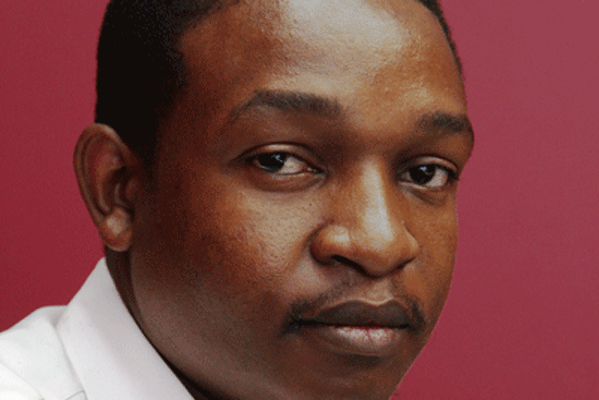
I must admit that since my salvation, I have moved churches (read denominations) several times. I don’t know if this is really a flattering record. But I want to address the rather thorny issue of numbers in — and movement between — churches.
divineinsight BY PHILLIP CHIDAVAENZI
I have been in a church where “numbers” were considered very important. In fact, a lot of times you see and hear of churches setting targets of breaking certain “ceilings” and aiming at a membership of, say 500, 1 000 or 2 000 over a certain period.
There is too much fluidity in the body of Christ, with believers moving from one church to another. This is not always a good thing as it takes away the opportunity for “rooting”. Tragically, instead of prioritising the rooting of new converts to disciple them to maturity, we seem obsessed with the game of numbers where we are constantly interested in how many people attended our last service and our targets for the next service.
Few, if any, hardly seek to establish where these new members are coming from. It will be sobering, indeed, to find out that most new members are coming from other churches. How many times do we have someone coming right from a lost and dying world in desperate need of a saviour?
Church-hopping has now become a cancer in the body of Christ. But there are several reasons for church hopping, particularly against a background of a rather apathetic approach to evangelism by what are now known as Pentecostal churches.
We have heard the rather disgraceful reports of pastors fighting over what is termed “sheep-stealing”. This refers to a situation where a pastor of a church deliberately and actively lures members from another church to his own.
This is rather unnecessary, especially against a backdrop of the astronomical numbers of people who have not received the gospel, some of whom are ripe for conversion if only a believer who feels a burden for lost souls approaches them with the gospel. Romans 10:14, “How then shall they call on Him in whom they have not believed? And how shall they believe in Him of whom they have not heard? And how shall they hear without a preacher?”
- Chamisa under fire over US$120K donation
- Mavhunga puts DeMbare into Chibuku quarterfinals
- Pension funds bet on Cabora Bassa oilfields
- Councils defy govt fire tender directive
Keep Reading
Sheep-stealing is, therefore, uncalled for. Imagine, for instance, getting new people to join your church when they are coming from another church. Would you call that growth? Instead of primarily trailing our gaze on the statistics, why don’t we first make disciples of those who would have joined our congregation and ensure that they are grounded and rooted in the ministry before dashing out for more people to further balloon the numbers? We are commanded not to make new converts — or new members — but disciples in Matthew 28:19-20, “Go therefore and make disciples of all nations, baptising them in the name of the Father and of the Son and of the Holy Spirit, teaching them to observe all things that I have commanded you…”
It is only those who have been effectively “disciples” that will bring value into the church. Discipleship is a systematic teaching, training and coaching until someone is firmly grounded in a place or position. Sometimes it can be painful and, occasionally, one may feel offended.
When this happens, the spiritually immature tend to sulk, and in a worst-case scenario, change churches. They fail to stick it out like Peter, who got a tongue-lashing from churches after his attempt to stand in the way of the cross (Mark 8:33).
To be called “Satan”, especially if you are a believer, can be the greatest insult. But Peter — who would later be commissioned to lead the church of Jesus Christ after the ascension — did not allow that obviously curt, offensive jab to get to him. He understood that he was being a “disciple”. He was under training.
I know of people who church-hopped simply because they could not take instruction, especially the kind that necessitated that they stepped out of their comfort zone. The grass may look greener on the other side, but that is not always the case.
But I am not saying I am against the idea of moving from one church to another. No, because I have done it, too. But there should come a time in your walk of faith when you realise the need to stay in a church with good doctrine and be grounded there.
I appreciate that people need solutions. And if one church does not seem able to provide them with the solutions, they are bound to move and search. Luke 5:31, “And Jesus answering said unto them, They that are in health have no need of a physician; but they that are sick.”
The Bible here says it is the sick that need the doctor, the physician. Christ — not the church — is the physician. I encourage you to seek Christ, not a church. You must have a relationship with Him. When you have found Him, you have found everything. You are ready to be a disciple, not a convert.
A disciple is a “follower”. When you follow someone, you observe them, you study them, how they walk and you pursue them. A convert just sits and looks. The church is full of converts. But when converts become disciples, the church matures and begins to effectively fulfil its mandate on earth.
Phillip Chidavaenzi is the author of The Gospel of Grace: From the Old to the New Testament (2016) and Walking in the Spirit (2017). He can be contacted on [email protected]











